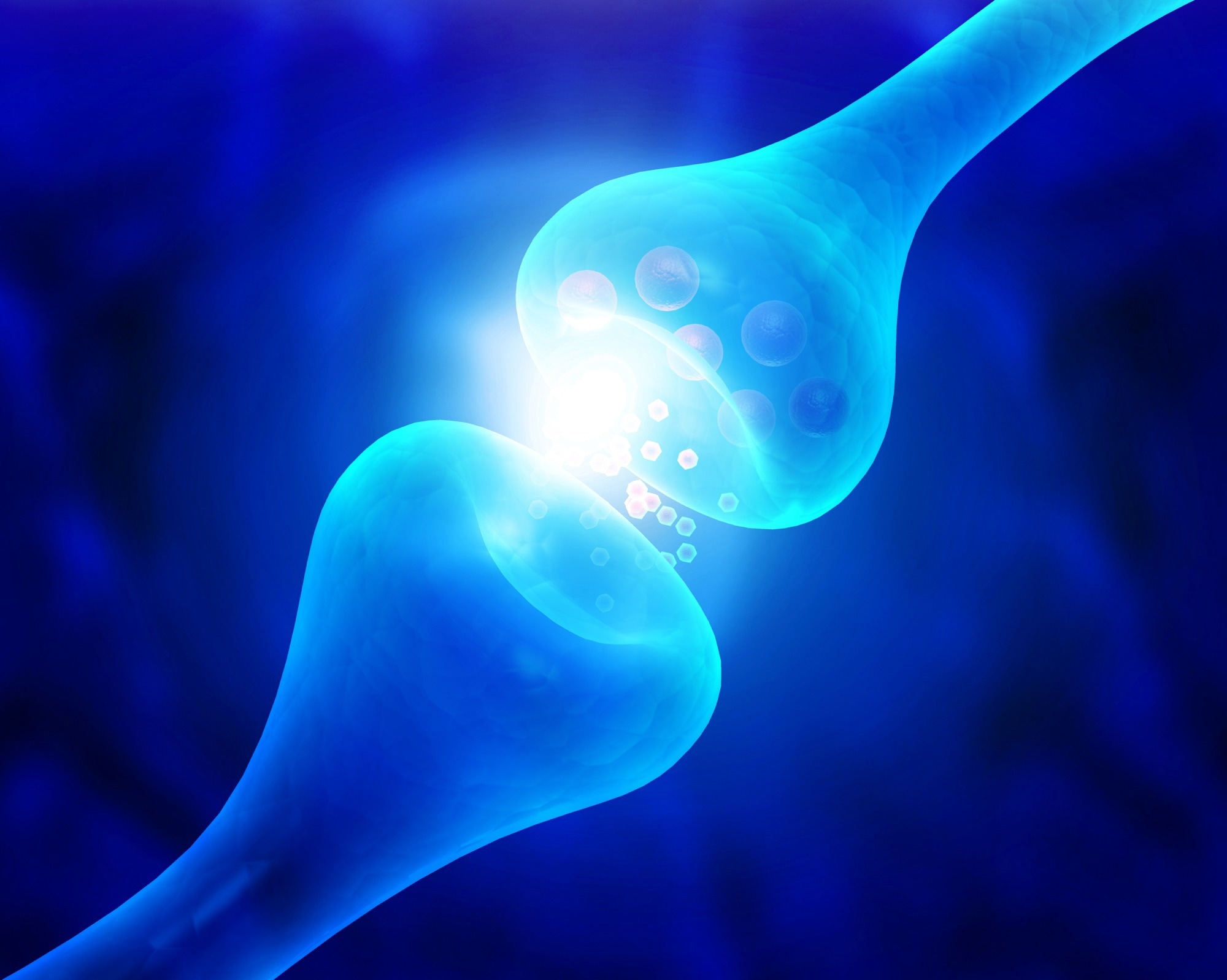In a recent study published in the journal JAMA Network Open, researchers investigated the association between neurodevelopmental impairment in infants and factors such as gestational exposure to severe acute respiratory syndrome coronavirus 2 (SARS-CoV-2 and birth and development during the coronavirus disease 2019 (COVID-19) pandemic.
 Study: COVID-19 Pandemic and Infant Neurodevelopmental Impairment. Image Credit: Explode / Shutterstock
Study: COVID-19 Pandemic and Infant Neurodevelopmental Impairment. Image Credit: Explode / Shutterstock
Background
Endogenous and exogenous factors during gestation, such as the vertical transmission of maternal infection, direct infection to the fetus, maternal diet, immune responses in the mother, and maternal stress, are known to affect the neurodevelopment of the fetus. In addition, impaired communication skills, cognition, and psychomotor skills are associated with neurodevelopmental disorders such as attention-deficit hyperactivity disorder and autism spectrum disorder.
Studies suggest that inflammatory responses due to maternal immune activation during infections can affect the neuronal development of the fetus. Although there is not enough evidence of vertical transmission of SARS-CoV-2 from the mother to the fetus, the impact of maternal immune responses to a SARS-CoV-2 infection on the neurodevelopment of the fetus has not been comprehensively explored either.
Furthermore, while studies have not found associations between lower neurodevelopmental scores and exposure to maternal COVID-19 infections, overall, infants born and raised during the COVID-19 pandemic displayed lower personal-social and gross and fine motor skill scores as compared to pre-pandemic infants. This highlights the need to understand the impact of maternal SARS-CoV-2 infections and being raised during the COVID-19 pandemic on the neuronal development of the infant.
About the study
In the present study, the researchers conducted a systematic review of observational studies that included a neurodevelopmental screening of infants during the COVID-19 pandemic. They evaluated the neurodevelopmental impairment risk associated with maternal SARS-CoV-2 infection status. Eight studies were selected based on the inclusion criteria, and meta-analysis was performed on the data from those studies.
A parent-completed questionnaire comprising 30 items evaluating the ability, behavior, or skill related to communication, problem-solving, gross and fine motor skills, and personal-social developmental domains were used for the meta-analysis. To each of the questions, the parents responded with a “yes,” “sometimes,” or “not yet,” which had a score of 10, five, and zero, respectively. The neurodevelopment was categorized as normal if the cumulative score for each developmental domain was above the cutoff. If the score was two standard deviations below the mean, it indicated a risk of neurodevelopmental impairment.
The study's primary outcome was measuring the prevalence of neurodevelopmental impairment risk among infants who underwent neurodevelopmental screening during the COVID-19 pandemic. The secondary outcome was to compare the risk of neurodevelopmental impairment in infants exposed during gestation to maternal SARS-CoV-2 infections and those without gestational exposure to the infection.
Results
The results reported no significant difference in the overall risk of neurodevelopmental impairment among infants that underwent neurodevelopmental screening during the COVID-19 pandemic compared to those who were screened before the pandemic, except in the communication domain. The study also reported no associations between maternal SARS-CoV-2 infections and neurodevelopmental impairment in any domains except increased odds of fine motor skill impairment.
The meta-analysis included 11,438 infants screened during the pandemic and 9,981 infants who underwent pre-pandemic screening. Of the infants screened during the pandemic, 7% (330 out of 8,992) were at increased risk of neurodevelopmental impairment. Among the 691 infants who experienced exposure to SARS-CoV-2 infections during gestation, 12% (77) were at increased risk of neurodevelopmental impairment.
The study discussed the potential factors that could explain communication impairment among infants in the pandemic cohort. The increased anxiety and stress in mothers and fathers due to social isolation and financial burden during the pandemic could result in a lack of emotional responsiveness, especially in mothers, which could decrease the behavioral exchanges required for language development in infants. Furthermore, the social isolation imposed by the pandemic also decreased the outside home experiences that an infant is generally exposed to, such as playgroups and visits with extended family, which could have hindered social and language development.
Conclusions
To summarize, the review and meta-analysis explored the association between neurodevelopmental impairment in infants and factors such as gestational exposure to SARS-CoV-2 infections and being raised during the COVID-19 pandemic.
Overall gestational exposure to SARS-CoV-2 did not significantly impact neuronal development. Furthermore, infants raised during the COVID-19 pandemic were not at increased risk of neurodevelopmental impairment in any developmental domains except communication, compared to the pre-pandemic cohort.
The absence of outside home experiences which promote language and social development and the reduced emotional responsiveness in parents due to pandemic-related stress could explain the impaired development in the communication domain among infants raised during the COVID-19 pandemic.